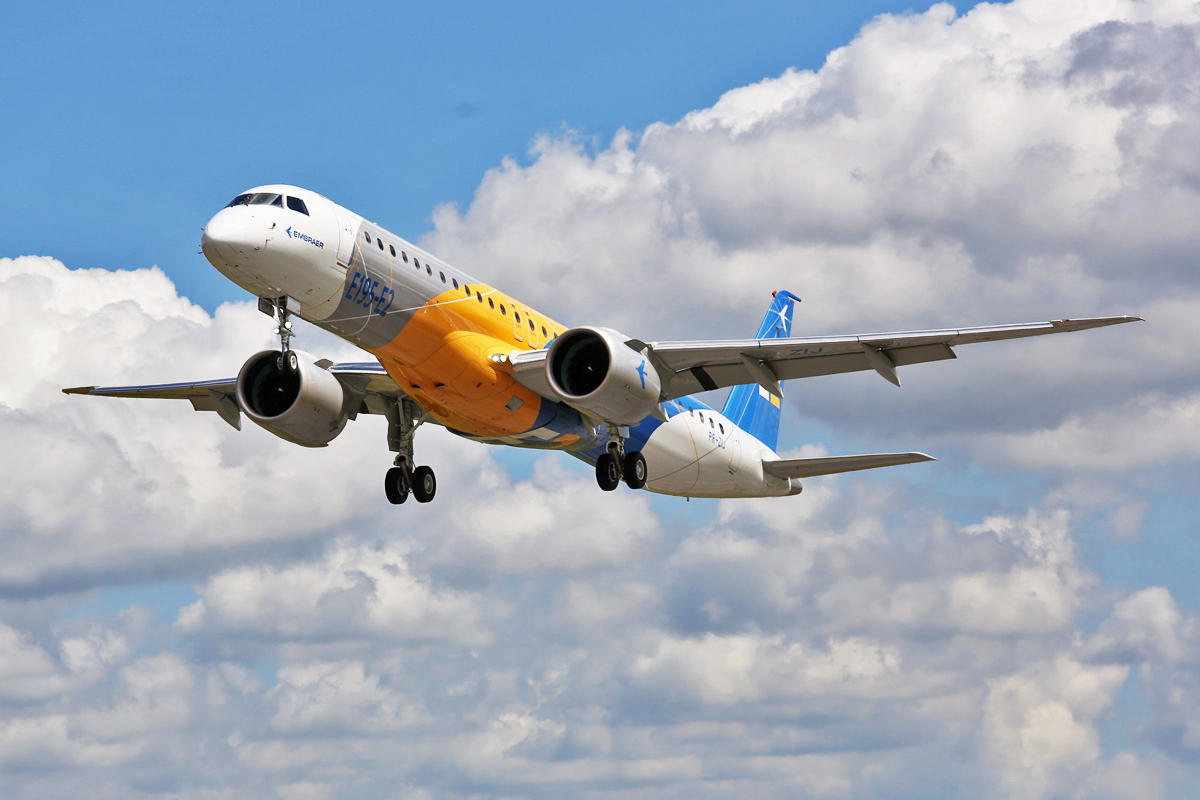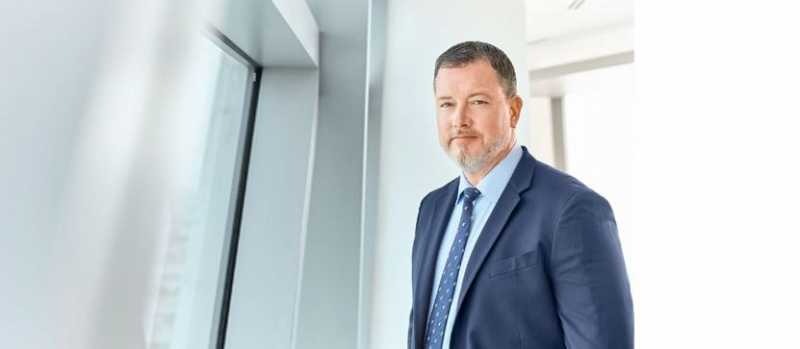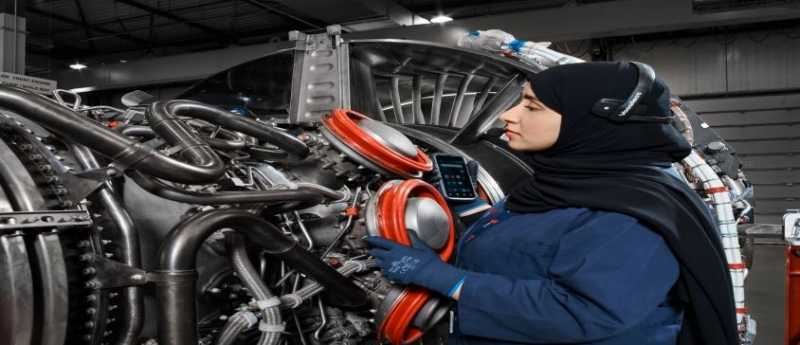
Embraer organized a one-day event in Seoul that brought together representatives of South Korea’s aviation community. The event showcased Embraer’s latest developments in commercial aviation, defense and urban air mobility (UAM), new technologies and its ESG initiatives.
“We are honored to have had the opportunity to present our portfolio of products and solutions, such as the E-Jets E2 family, the world’s most efficient single-aisle jet, and the multi-mission transport aircraft C-390 Millennium,” said Francisco Gomes Neto, CEO of Embraer. “Embraer is internationally recognized for the quality of its products and for its long history of successful strategic partnerships. We are keen to broaden our collaboration with South Korea’s aerospace industry as our growth strategy for the coming years is driven by innovation, efficiency and strategic partnerships.”
Korean companies are part of Embraer’s supply chain for the new C-390 Millennium military transport aircraft and the latest E-Jets E2 family of commercial jets, currently consisting of the E190-E2 and E195-E2 which entered into service in 2018 and 2019 respectively.
The E-Jets offer a game-changing difference to airlines in Korea, enabling them to optimally match capacity to demand and develop connectivity on domestic and regional routes. The E195-E2, with a seating capacity up to 146 seats, offers high performance and low fuel burn. It delivers the lowest operating costs and highest yields for airlines, more comfort for passengers and space for their bags, smallest noise footprint and less impact on the environment. Its low cost per seat makes it very competitive with large narrow-body aircraft that are prevalent in South Korea. The E175’s short runway performance will enable airlines to unlock new market opportunities domestically and regionally while maximizing revenue potential and offering large jet aircraft comfort and quietness.
The C-390 Millennium is a new generation of multi-role military transport aircraft that delivers unrivalled mobility and cargo capacity, rapid re-configuration, high availability, improved comfort and flight safety, as well as an adequate management of operational costs through its life cycle, all in a single platform. The aircraft has proven its capacity, reliability and performance in the many different scenarios, including recent humanitarian assistance and disaster relief missions. The Brazilian Air Force currently has a fleet of five C-390s. The first four aircraft have exceeded 5,000 flight hours in operation, with a mission completion rate of 97%, showing outstanding productivity in its category. In addition to the Brazilian Air Force, two NATO countries – Hungary and Portugal have purchased the C-390.
Embraer’s spin-off company Eve is dedicated to accelerating the UAM ecosystem. Benefitting from a start-up mindset, backed by Embraer’s more than 50-year history of aerospace expertise, and with a singular focus, Eve is taking a holistic approach to progressing the UAM ecosystem, with an advanced eVTOL project with a projected entry into service date of 2026, a comprehensive global services and support network and a unique air traffic management solution. In 2021, Eve was involved in a concept of operations development work in South Korea.
In May 2021, Embraer signed a contract with Aerodata AG, from Germany, to sell the state-of-the-art Praetor 600 which will be converted into a Flight Inspection Aircraft. After the modification, the aircraft will be delivered and operated by South Korea’s Ministry of Land, Infrastructure and Transport (MOLIT), Seoul Regional Office of Aviation, Flight Inspection Center.
Embraer is committed to developing products, solutions and technologies to contribute to the aviation industry’s goal of achieving net zero emissions by 2050. Embraer aims to be carbon neutral by 2040 and achieve carbon neutral growth from 2022. It plans to implement 25% sustainable aviation fuel (SAF) use in its operations by 2040 and 100% renewable energy sources by 2030.
Embraer recently announced its first quarter 2022 results, where its firm order backlog ended 1Q22 at US$17.3 billion. This is the highest quarter backlog since 2Q18, driven by solid order activity. Its 2022 guidance for aircraft deliveries is projected at 100 to 110 executive jets and 60 to 70 commercial jets.






